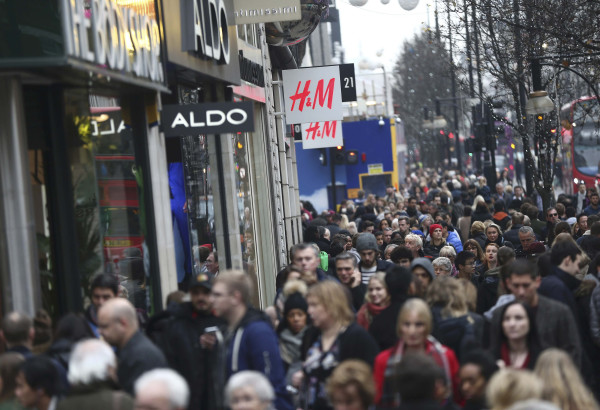He adds: “The UK government has announced fiscal stimulus targeting the economic impacts of the Coronavirus outbreak.
"The highest profile part of this is the promise of £330bn of government guarantees to finance bridging loans for UK businesses struggling with cash flow pressures.
"While this headline grabbing number, equivalent to 15 per cent of GDP, will help it will still need to be repaid which will be easier said than done for businesses that need to provide financial support to staff, pay rent and honour contracts with suppliers.
"The business rate holiday for the leisure, hospitality and retail sectors will be welcome but these areas of the economy have already been under strain due to shifts in consumer habits and weak UK consumer confidence so still require more.”
Helicopter money
The measures implemented to date, while on a larger scale than has ever been tried in the UK, are orthodox policies, both on the demand and the supply side.
But Mr Park thinks the time might have come to deploy a more revolutionary approach, known as helicopter money, whereby the government directly hands cash out to its citizens.
The government of Hong Kong recently deployed this method, though that country has had both political unrest and the Coronavirus to deal with.
Helicopter money is a supply side measure as it increases the stock of cash in the economy, but could also be a demand side measure, as the cash would be directly in people’s pockets, and not stuck within the banking system.
A criticism of the approach policy makers took after the global financial crisis is that while the banks were recapitalised, not enough of the cash on bank balance sheets found its way into the hands of those with the greatest capacity to spend it.
With helicopter money, if every citizen has cash in their pocket, the chances are it will be spent in sufficient quantity to boost demand.

Helicopter money was used by the Hong Kong government earlier in the virus outbreak and is now being suggested by the White House.--Edward Park
The traditional argument against helicopter money is that it is very inflationary, but the same argument is made about quantitative easing and about the record low unemployment the US and UK have had in recent years, without inflation having actually occurred at a level materially above the 2 per cent target set by central banks.
One theory about this, espoused by James Anderson, manager of the Scottish Mortgage investment time, and Nick Train, who runs the Finsbury Growth and Income Trust, is that the rapid technological advances made in recent years are very disinflationary and are forces more powerful than the inflationary pressures mentioned above.












